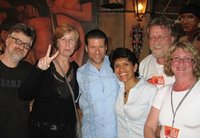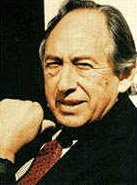
Race Matters
By Cornell West
Princeton University
From Kirkus Reviews
In essays that challenge the nature of racial discourse in America, the director of Princeton's Afro-American Studies program, professor of religion, and self-described "intellectual freedom-fighter" calls for moral regeneration and profound social change. Scheduled to appear on the anniversary of the L.A. riots (when the nation presumably will take stock of America one year after), this collection (much of which appeared previously in The New York Times Magazine, Dissent, Z, etc.) is consistently effective at pointing out how the intellectual frameworks used by both whites and blacks as well as by liberals and neoconservatives impede true progress and understanding--whether the issue is affirmative action, black nihilism, or the Clarence Thomas confirmation hearings. West identifies the valuable insights of black conservatives while taking their conclusions to pieces and sees black anti-Semitism as threatening the ethical nature of the black struggle (if it "becomes simply a power-driven war...that pits xenophobia from below against racism from above, then David Duke's project is the wave of the future"). While unsparing in his critique of black leadership and American racism, West situates the crisis in black America inside our market-driven culture, a world of "random nows" and the "empty quest for pleasure, property and power"--a pervasive spiritual impoverishment that transcends race but is most devastating among the poorest, most powerless, and most despised. Aiming at accessibility, West perhaps too much curtails his customary intellectual range; but with clear thinking and sensible analysis being in short supply these days, his words are welcome nonetheless.
The first comment below is an interview with West on the book in The Christian Century










